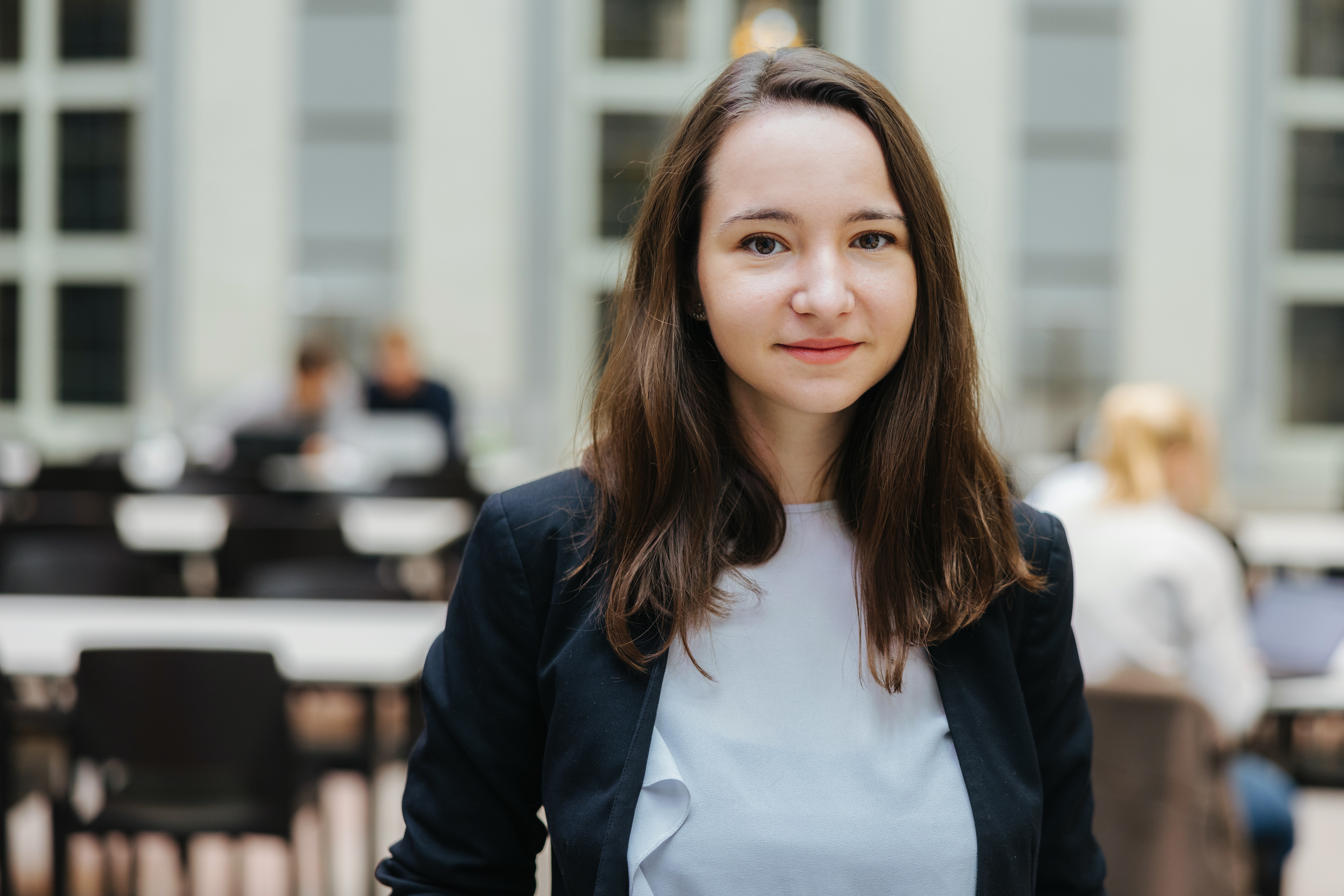Higher Seminar in Statecraft and Strategic Communication | Mara Balasa

Abstract:History can give insights on civilizational adaptation to climate change, through identifying how societies struggled or thrived under long-term extreme weather. This paper sheds light on two historical cases, Japan and the Dutch Republic during the 17th century, as they managed to tackle the adverse effects of a changing climate. The two states had contrasting approaches to overcoming adversity: Japan was closed off, did not engage in wars, had a permissive taxation regime, and focused on stimulating work and micromanaging behaviors, whereas the Dutch Republic opened up, explored new trade routes, engaged in battles, increased taxation, and encouraged cultural expressions. Historical analogy on the basis on these two cases allows us to draw lessons for present-day challenges brought by global warming. The paper stresses the importance of innovation, knowledge, the role of resources and taxation, as well as the trade-offs between the individual and the collective success which may arise in times of crisis. The main lesson is perhaps that there is no one single solution that can be universally applied in this kind of context.
Bio: Mara is a PhD Fellow at the Center for Statecraft and Strategic Communication and an Associate within the Clean Economy programme of the Energy Policy Group, an independent think tank focusing on the decarbonisation of Central and Eastern Europe. With a background in economics and political science (BSc University of Warwick), economics and data analysis (MSc Stockholm School of Economics), she is currently researching the green transition with a focus on industrial policy and steel decarbonisation. During her master’s degree, Mara was the recipient of the UniCredit Foundation Masterscholarship for top students.